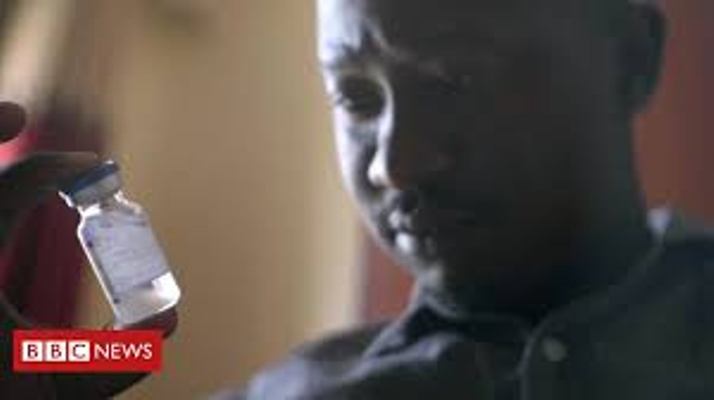Uganda Wildlife Authority (UWA) dealt with fake Chinese envoys in its dealings regarding ivory, Business Focus has learnt.
According to Ambassador Patrick Mugoya, the Permanent Secretary in the Ministry of Foreign Affairs, the two Chinese nationals under investigation for illegal ivory trade were not members of the Chinese Embassy in Uganda.
“Reference is made to recent local and international media reports quoting a leaked letter from H.E the President asking the Inspector General of Government to investigate the alleged “collaboration by some Uganda Wildlife Authority officials with some Chinese by the names of Li Wejin and Yinzhi who are diplomats in the Embassy to export ivory,” reads in part a press statement from Ambassador Mugoya.
It adds, “The Ministry of Foreign Affairs wishes to inform all to whom it may concern that following a thorough review of its records, it has confirmed that both Mr. Li Wejin and Yinzhi are not accredited diplomats with the Embassy of the People’s Republic of China in Uganda.”
The now fake Chinese envoys are suspected of helping move ivory from the Democratic Republic of Congo, the Central African Republic and South Sudan, using Uganda as a transit point.
President Yoweri Museveni has ordered a probe into possible collusion between the country’s wildlife agency and the diplomats
China on Thursday rejected allegations that two of its diplomats working in Uganda were involved in the trafficking of ivory from the African country.
The Ministry apologized saying, “The Ministry regrets the negative impact this incident may have caused to the Embassy of the People’s Republic of China. China and Uganda continue to enjoy very cordial relations. The Government of Uganda reiterates its commitment to strengthening further the relations and bonds of friendship that exist between our two countries.”
Poaching has risen sharply in recent years across Africa, fuelled by rising demand in Asia for ivory and rhino horn, coveted as traditional medicine and a status symbol. Uganda is a major transit country for the illegal trade.
More than 35,000 elephants are killed across Africa every year for their tusks.
The Convention on International Trade in Endangered Species of Wild Fauna and Flora (CITES) banned the ivory trade in 1989.
But China permits the resale of ivory bought before the 1989 ban — and also has a stockpile purchased with CITES approval in 2008, which it releases for sale with certification.





